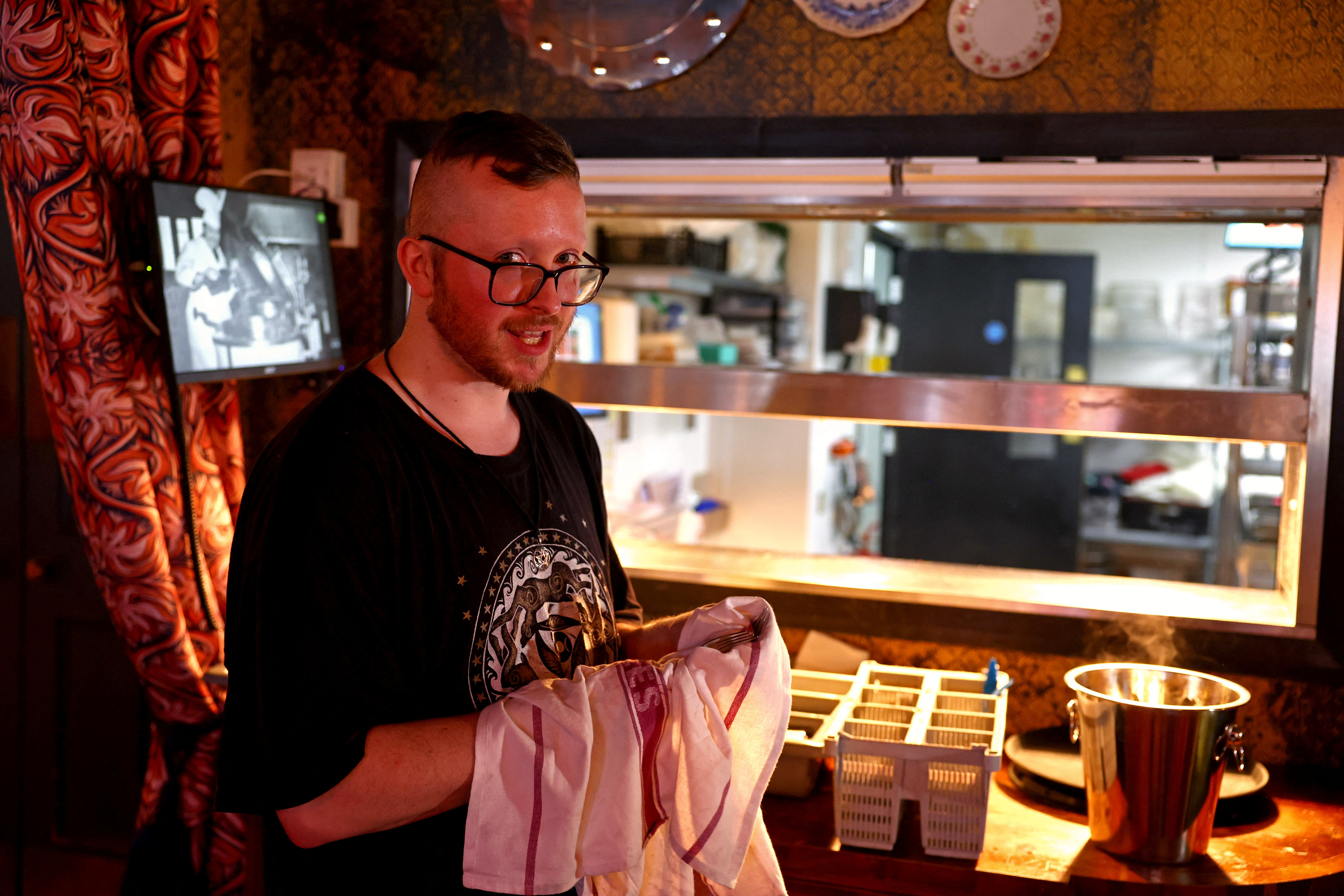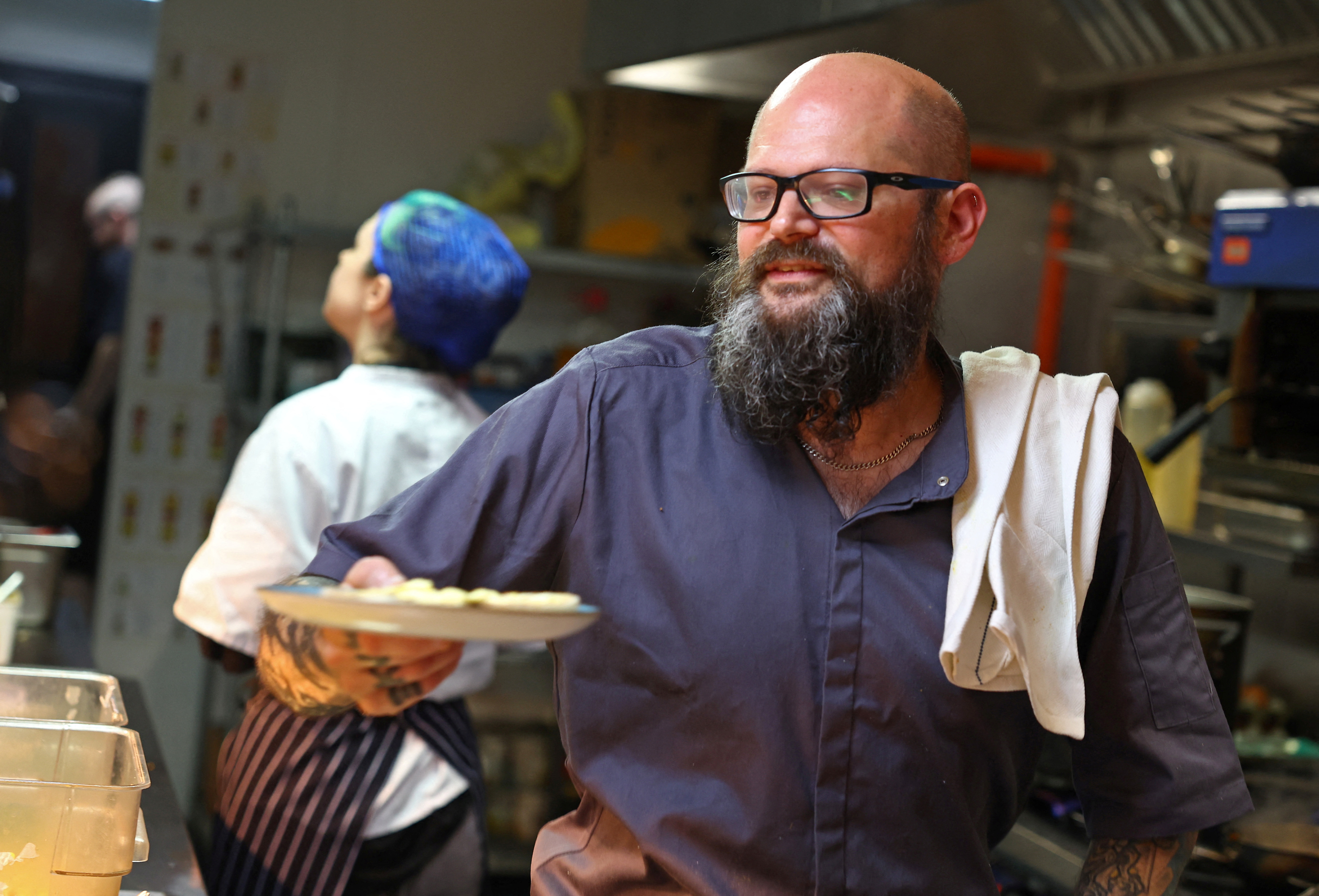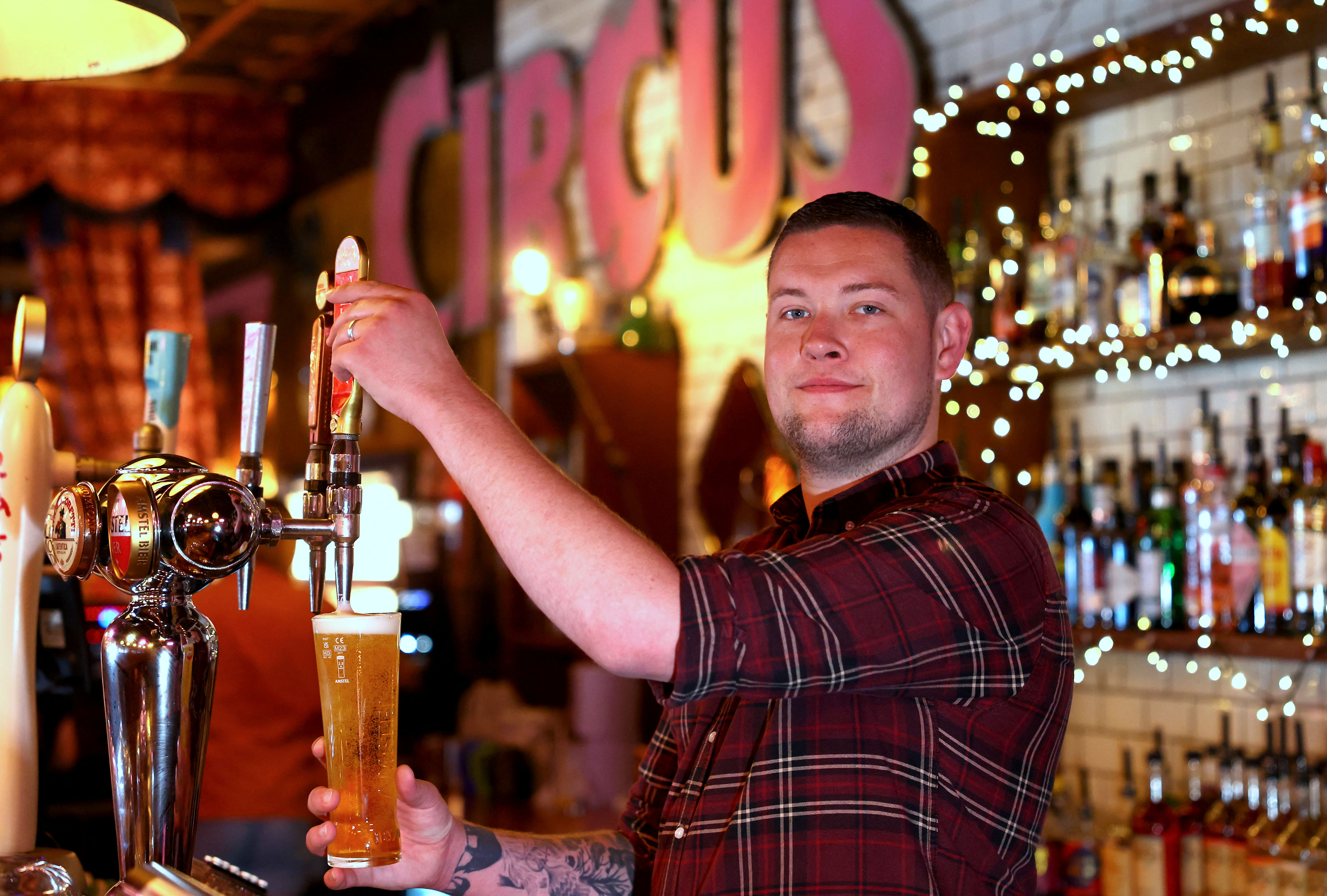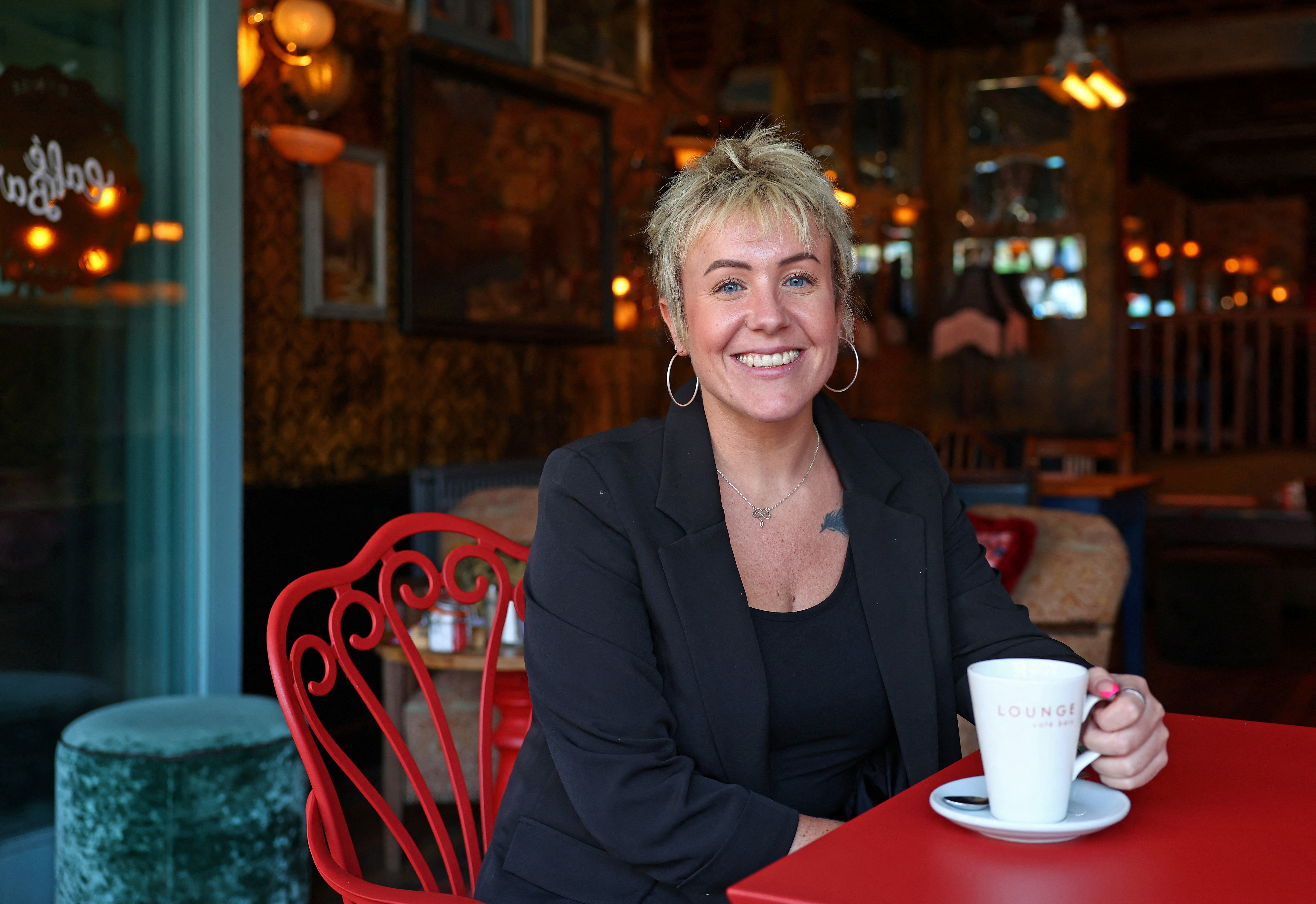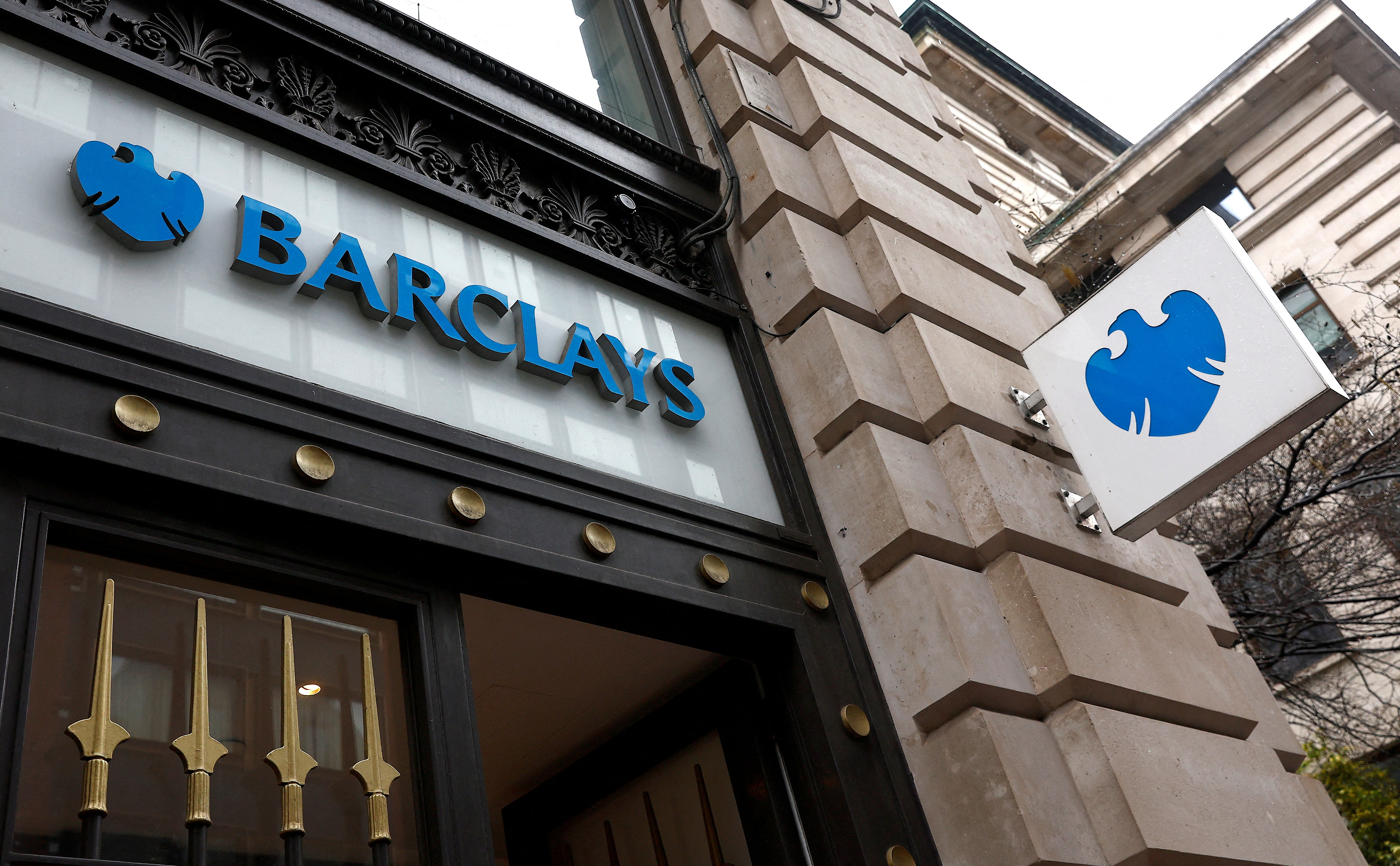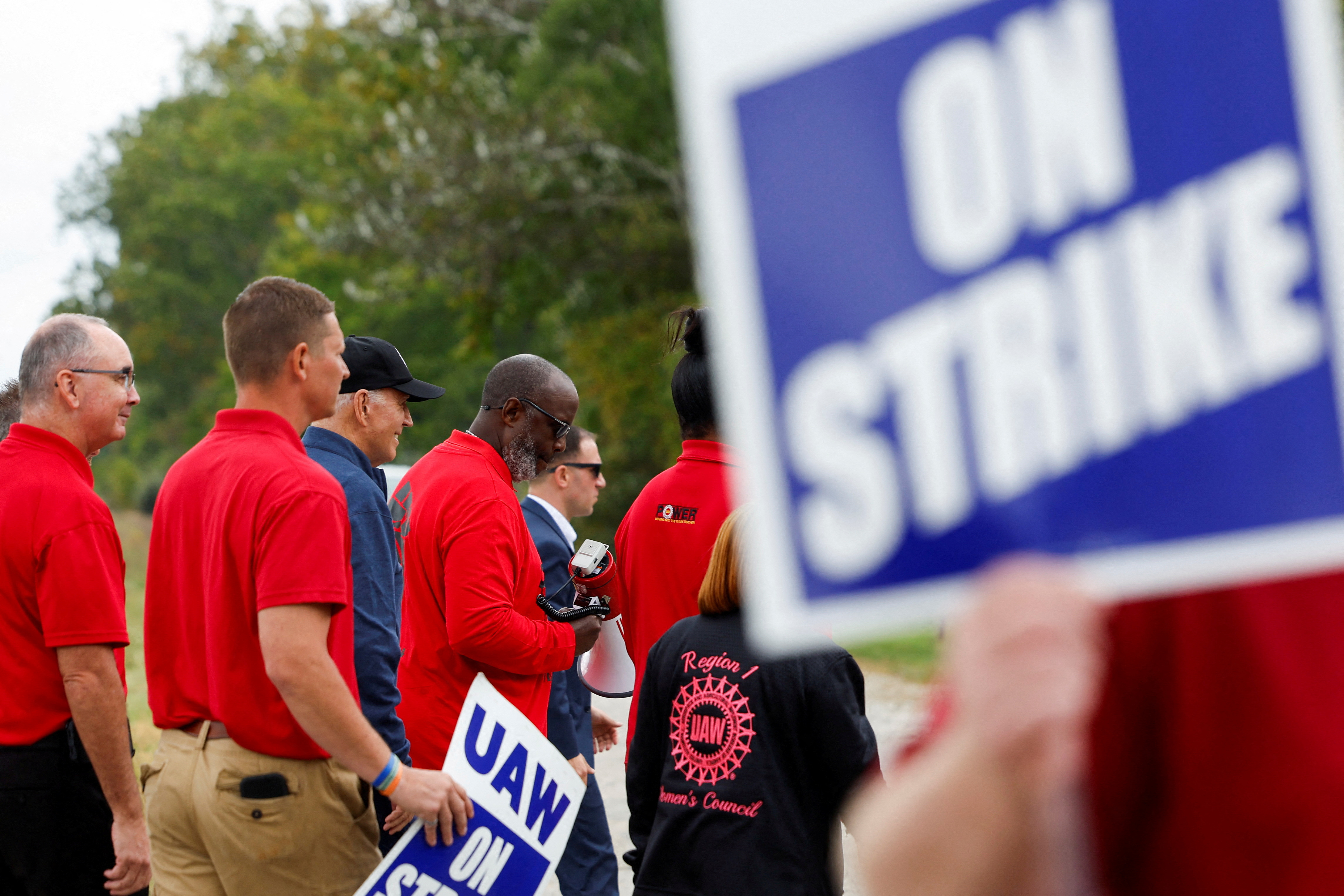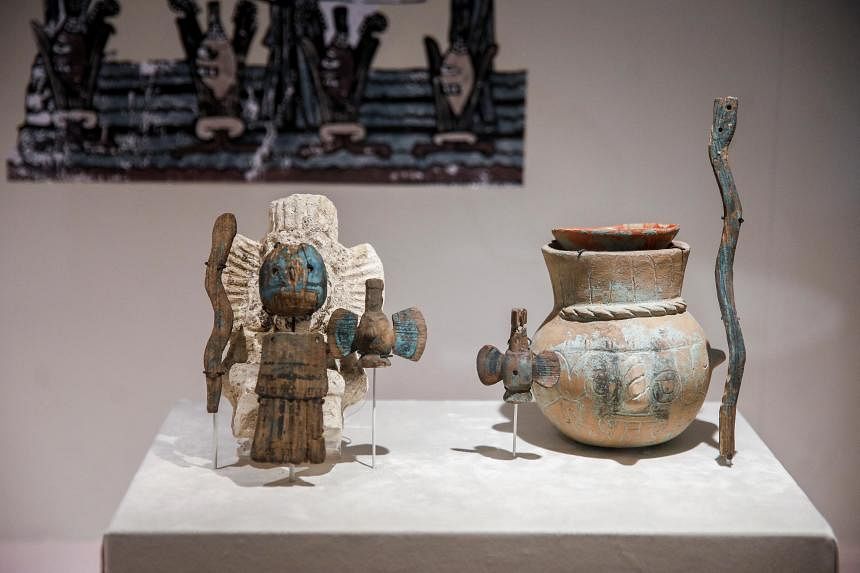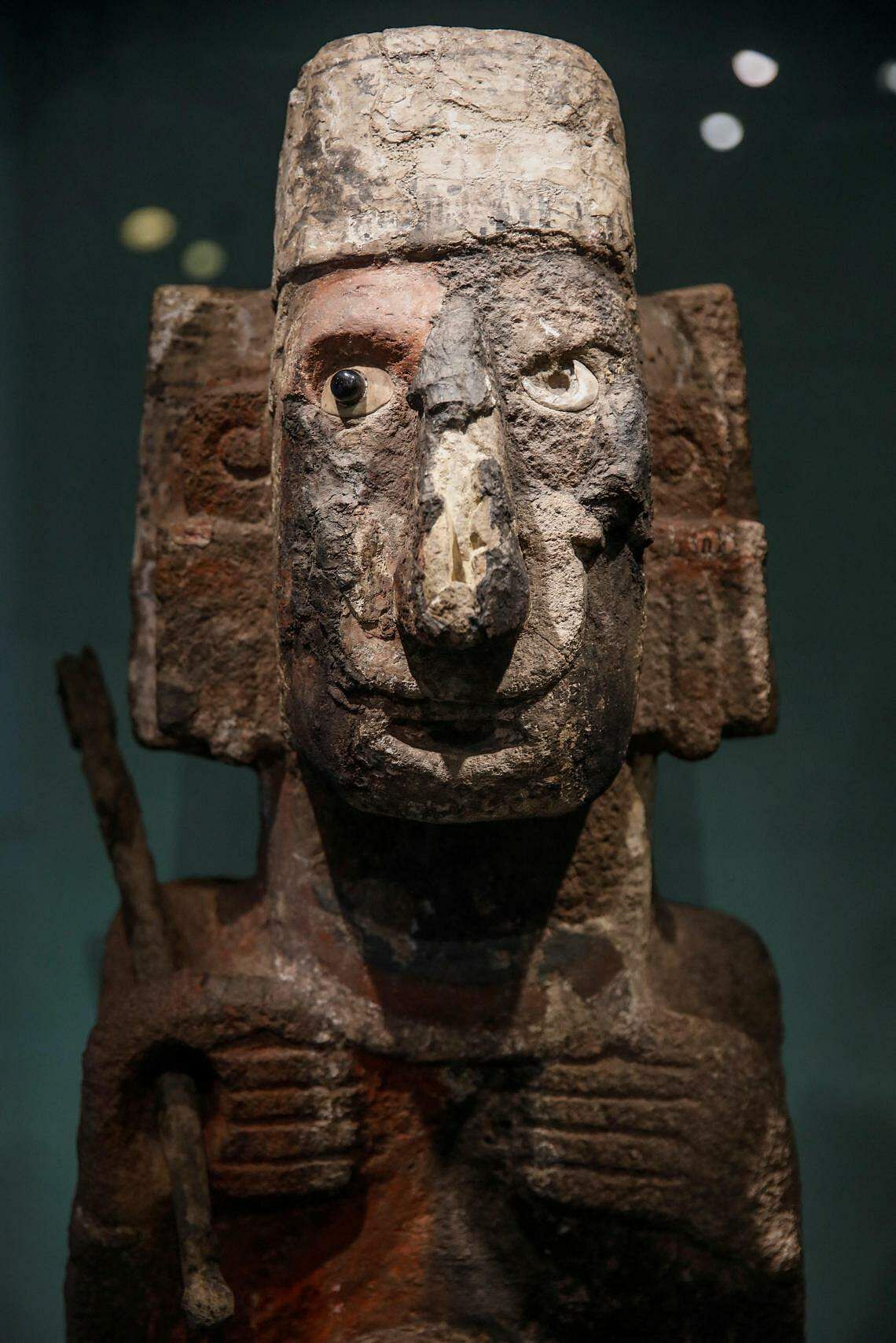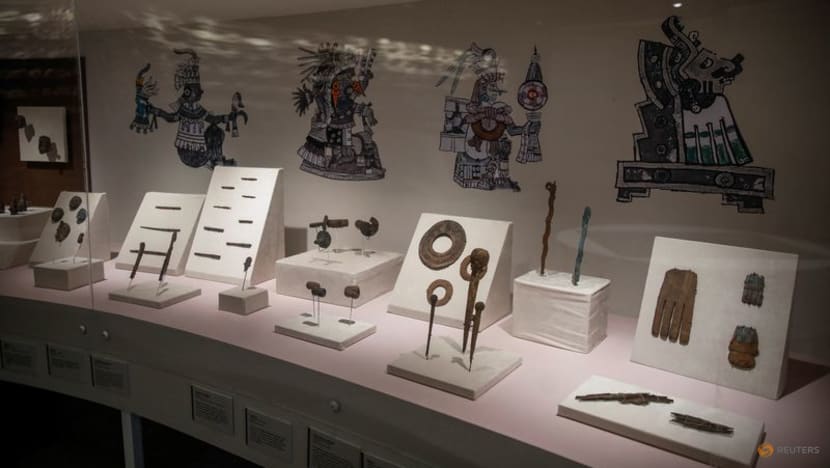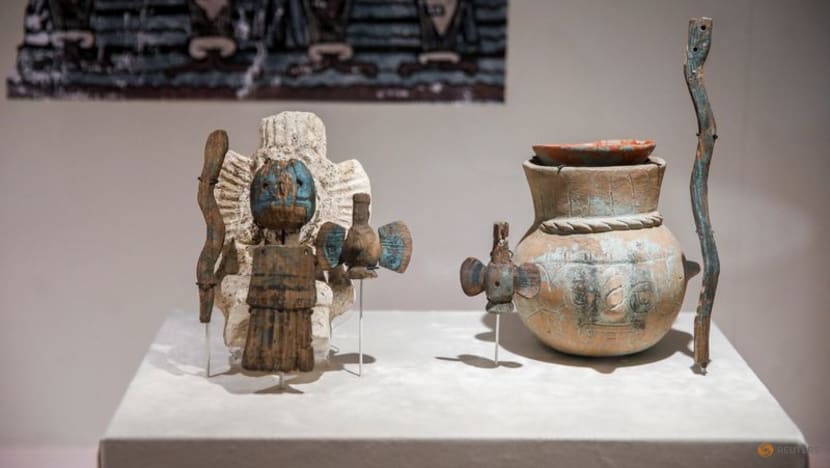2023/10/01

Days after President Joe Biden joined a picket line of striking autoworkers in Michigan in an unprecedented public display of support, Gov. Gavin Newsom vetoed a bill that would have given unemployment benefits to striking workers in California — a blow to organized labor in a state that typically embraces it.
“Now is not the time to increase costs or incur this sizable debt,” said Newsom in his veto statement over the weekend.
Senate Bill 799 was backed by the Writers Guild of America, which recently reached a deal to end a months-long strike, and SAG-AFTRA, the union representing thousands of Hollywood actors that have been striking since July. The veto comes as workers in fields from health care to hospitality increasingly turn to strikes in a bid to secure better wages and working conditions.
While the move leaves labor leaders frustrated with the governor, that’s a political calculation Newsom — who is widely expected to seek office beyond deep blue California one day — appears poised to weather just fine.
“If you’re Newsom, it’s okay to be labor’s good friend. You don’t have to be their best friend,” said Dan Schnur, a political analyst and professor at the University of California-Berkeley, University of Southern California, and Pepperdine University. “The last four governors have had to deal with very large budget deficits, which ended up meaning either big tax increases or painful spending cuts — or both. Newsom doesn’t want to end up in the same place.”
Under the proposal, striking workers would have received unemployment checks from the state — which could total up to $450 per week — after striking for at least two weeks. But even without the bill, the fund used by the state to pay unemployment benefits is expected to be nearly $20 billion in debt by the end of the year.
“It’s imperative we focus our attention on the higher priority of restoring this system to fiscal health and not adding to the problem,” said Jim Wunderman, head of the Bay Area Council, a pro-business group that applauded Newsom’s veto. “We can’t keep saddling business with more and more costs and expect the state’s economy to flourish.”
While the bill, which passed the legislature on Sept. 14, garnered strong support from labor groups, Republican lawmakers largely opposed the legislation. They argued it would give workers a leg up in strike negotiations, and the California Chamber of Commerce called it a “job killer.” Democrats said it would support workers who often rely on side jobs and union funds to pay their bills during a strike.
After the veto, California Labor Federation head Lorena Gonzalez Fletcher said Newsom’s decision was “out-of-step with American values.”
This year, strikes have popped up across California, including not just the Hollywood writers, but thousands of Los Angeles hotel workers who have been pushing for higher wages. This week, the largest health care strike in the nation’s history could begin on Wednesday. The contract for 75,000 Kaiser Permanente workers expired with no agreement in place. Twelve million patients across California, Oregon, Washington, Colorado, Virginia and Washington D.C. could be affected, with strikers expected to include nursing assistants, emergency medical technicians, and pharmacists.
“The hardworking women and men in California need to put food on their table and pay their rent,” said Senator Anthony Portantino, a Democrat from Burbank who authored the bill. “SB 799 would have injected a small piece of security to working families that is needed and deserved.”
Despite the blowback, Schnur said Newsom’s veto didn’t put him too far afield from other Democrats, even Biden. Even as the president joined the picket line earlier this month, Schnur noted, he didn’t give unions everything they wanted in the Inflation Reduction Act. And Newsom and Biden are playing very different political games. Biden — having already clinched the presidency — now must drum up support from his base. Newsom, meanwhile, appears to be attempting to drive up more widespread appeal — a task that is likely to require moving toward the political center on some issues.
“Although it’s true that we’re a very labor-friendly state and he’s a labor-friendly Democratic leader, it’s a very progressive bill,” said Melissa Michelson, dean of arts and sciences and a professor of political science at Menlo College. “We all know that Newsom has ambition, and to some extent, he probably wants to insulate himself from claims that he is too liberal — and too left for the country, or even for the state.”
Days before the veto, Newsom signed into law a bill to raise the minimum wage for fast food employees across the state, ensuring that the group of workers will have the highest guaranteed base salary in the industry. Still, the governor also faced criticism for vetoing legislation that would have required human drivers on self-driving trucks — one that union leaders said would have saved thousands of jobs across the state.
“In the short-run, people are going to be mad because they’re disappointed,” said Michelson. “But in the long run, (Newsom) will have done other things, and he’ll, quote, unquote, ‘prove’ that he’s pro-labor again.”
\-------
© The Mercury News
